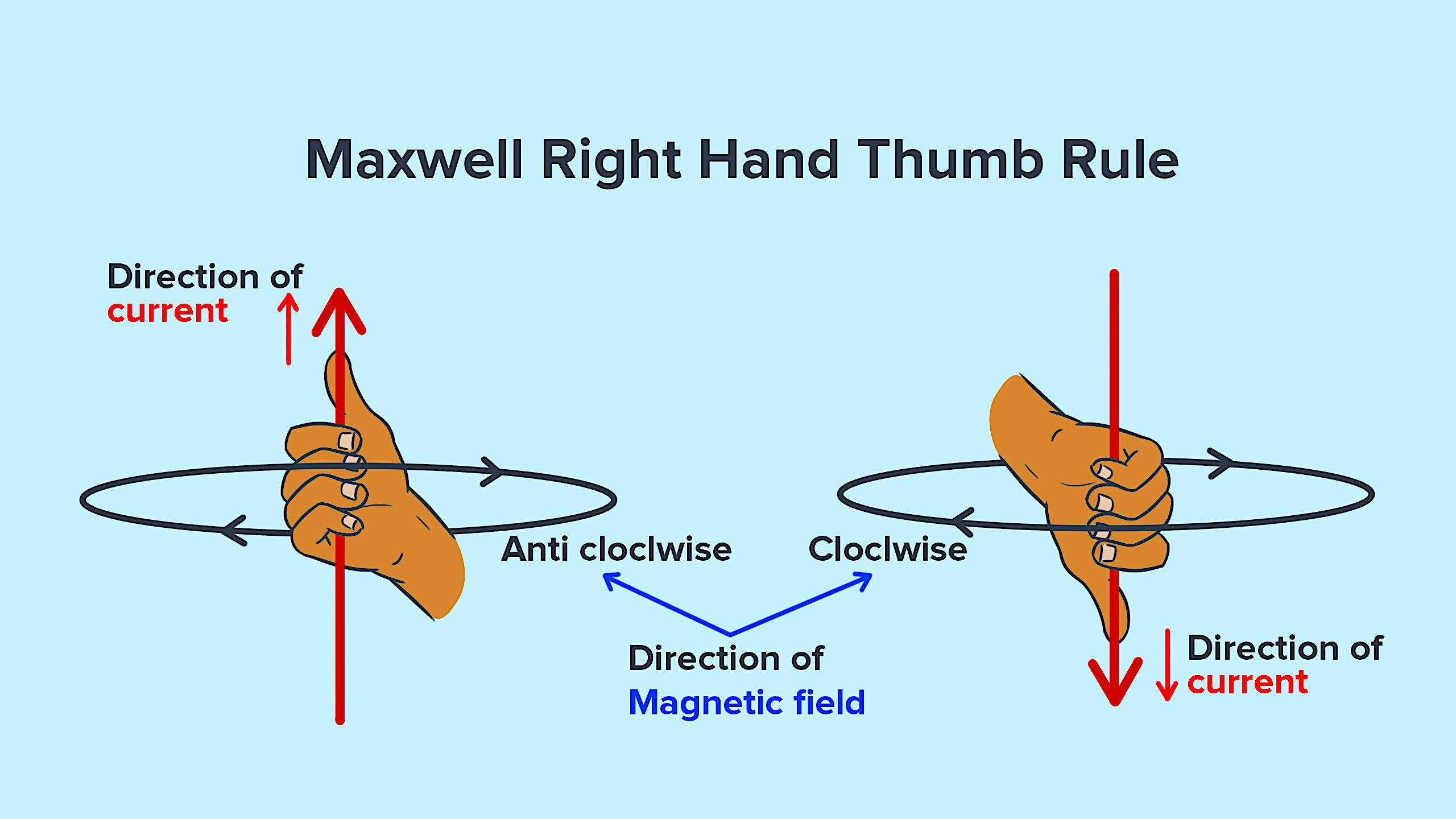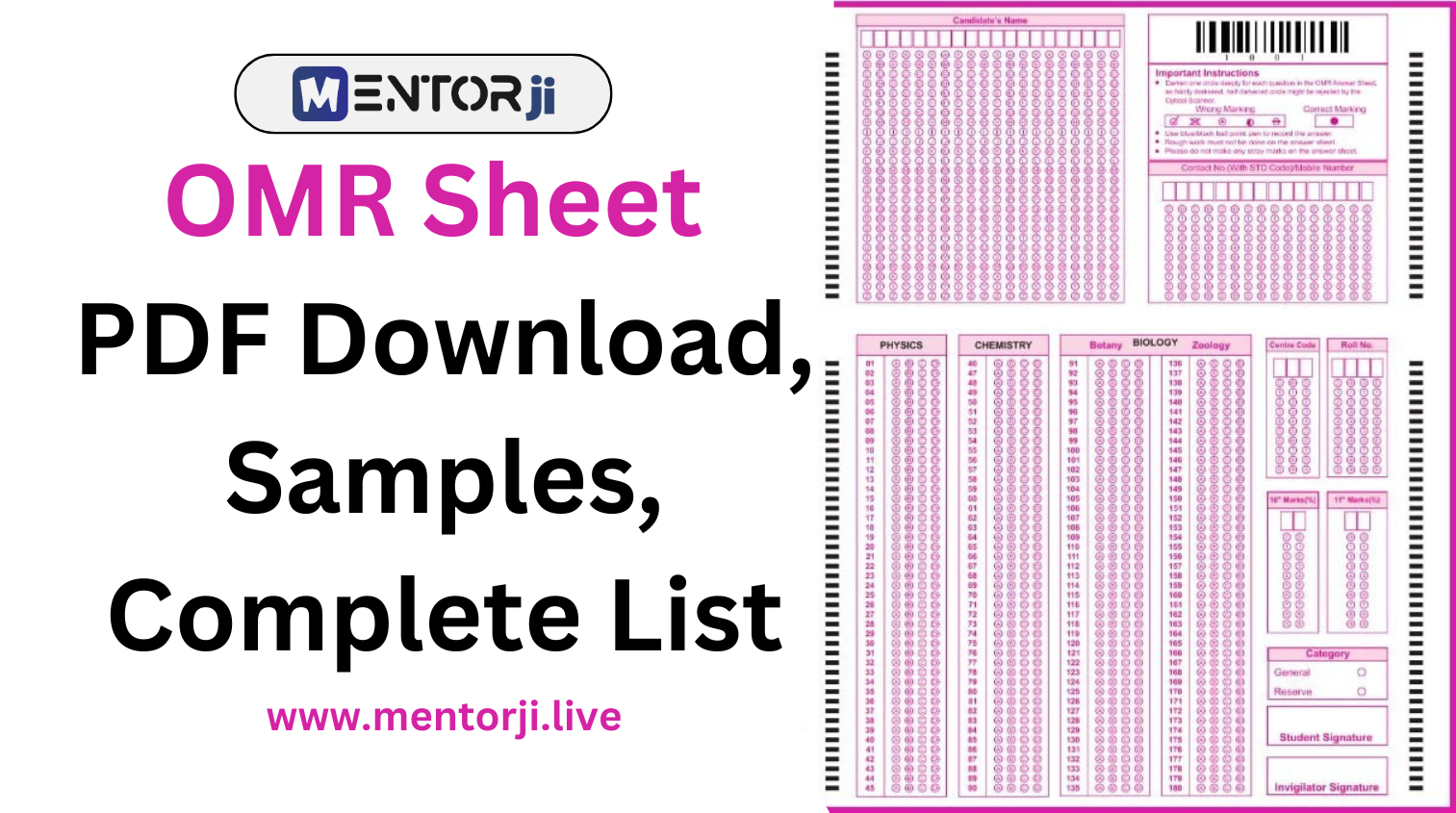
NEET, JEE, CBSE, ICSE, and CUET aspirants! Struggling with electromagnetism concepts? Don't worry, the right-hand thumb rule (RHR) is here to save the day! This nifty trick simplifies understanding magnetic fields around current-carrying conductors, making electromagnetism a breeze. So, state the right-hand thumb rule and watch your confidence soar!
The Right-Hand Thumb Rule Explained:
Here's how to state the right-hand thumb rule:
- Imagine holding a straight wire carrying electric current in your right hand. Your thumb should point in the direction of the current flow (positive to negative).
- Curl your remaining fingers. The direction your curled fingers point indicates the direction of the magnetic field lines encircling the wire.
Benefits of the Right-Hand Thumb Rule:
- Visualizes Magnetic Fields: No more abstract concepts! The RHR provides a clear picture of magnetic fields, making their relationship with current flow crystal clear.
- Simplifies Electromagnetism: Forget complex formulas for a moment. The RHR offers a quick and easy way to determine magnetic field direction, taking the stress out of electromagnetism.
- Boosts Exam Performance: Mastering the RHR equips you to tackle electromagnetism problems in NEET, JEE, CBSE, ICSE, and CUET exams with confidence and accuracy.
Remember: The RHR applies to conventional current flow (positive to negative). Be mindful of the context when dealing with electron flow (negative charge carriers).
Mastering the Right-Hand Thumb Rule:
Solidify your understanding of the RHR with these tips:
- Practice with Diagrams: Draw diagrams depicting current flow and the corresponding magnetic field using the RHR.
- Real-World Connections: Explore real-world applications of electromagnetism, like electromagnets and motors, to see the RHR in action.
- Solve Practice Problems: Test your grasp of the RHR by solving practice problems from your study materials or textbooks.
Conquering Electromagnetism with the Right Hand:
By stating the right-hand thumb rule and effectively using it, you'll gain a deeper understanding of electromagnetism, propelling you towards success in your NEET, JEE, CBSE, ICSE, and CUET exams. Remember, consistent practice and a clear understanding of the underlying concepts are key!
Comments (0)
Categories
Recent posts


AIIMS Paramedical 2024: Application ...
13 Jun 2024
10 October 2023 Today in History ...
10 Oct 2023
27 September 2023 Today in history ...
27 Sep 2023



